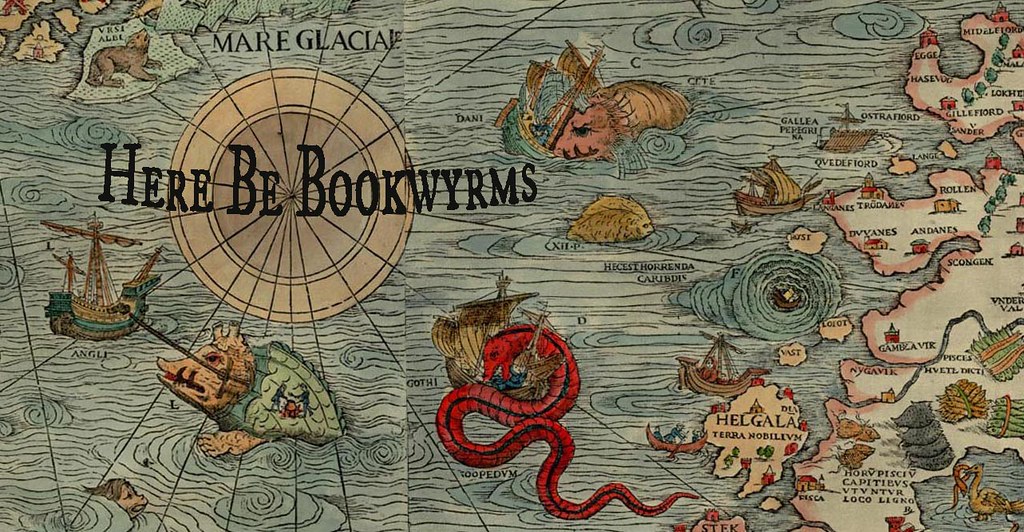Sparks is the stunning sequel to Laura Bickle's Embers, an urban fantasy duology (which I hope will turn into a full-on series). By day, Anya Kalinczyk is an arson investigator for the Detroit Fire Department; by night, she investigates the paranormal with the Detroit Area Ghost Researchers. Anya is somewhat reluctant to associate herself with the DAGR, partly because she's unsure whether she would still have a job if word got out, but also because she struggles with her role in the group: disposal. If DAGR were the Ghostbusters, Anya would be their Proton Pack.
Anya is a Lantern - a kind of medium who has a special connection with the element of fire and control of sorts over its destructive powers. As a medium, she can see and interact with ghosts, but as a Lantern, she also has the ability to destroy them by essentially sucking them into herself like some kind of heartburn-inducing ectoplasm smoothie. It isn't something she enjoys doing. You can imagine this Lantern business can get pretty dangerous, but that ain't nothin' but a thang when you've also got the companionship and protection of an elemental familiar; Sparky, Anya's salamander, has been with her ever since she can remember. He might be mischievous like a puppy who enjoys making "short" (heh) work of various electrical devices, but he's also a fierce and loyal guardian.
In Sparks, the DFD is confronted with a series of puzzling cases of what appears to be spontaneous combustion. What's especially troubling about these cases is that Anya can sense old magick at each of the scenes; she suspects they are linked to Hope Solomon, who heads a shady organization in the city called "Miracles for the Masses." Trying to get enough evidence that isn't paranormal in nature could be a problem, however, and the body count is rising.





